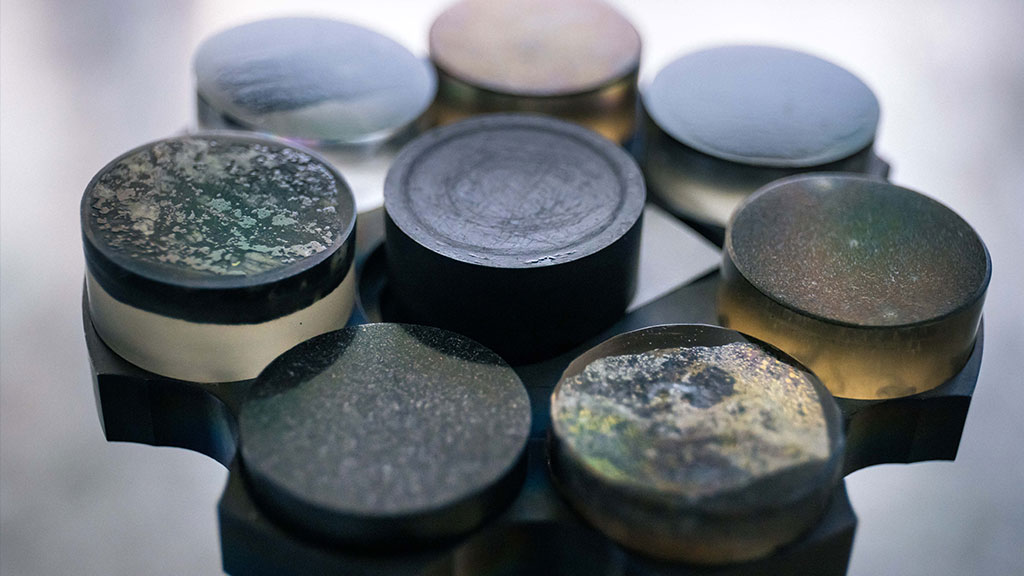The Success of BATCircle2.0 Strengthens Finland’s Leadership in the Lithium-Ion Battery Supply Chain
Research findings accelerated technological development related to the mining, refining, and recycling of lithium-ion battery metals and materials. The results of the collaboration between researchers and industry emerged from a project led by Aalto University, in which the Geological Survey of Finland (GTK) also participated.

BATCircle2.0 –– a flagship project of Business Finland’s Smart Mobility and Batteries from Finland program –– concluded at the end of August 2024. The common goal was to generate new knowledge and innovations to promote future business opportunities in the battery sector.
During the three-year project, significant research and development work was carried out by companies and universities, resulting in the publication of a substantial number of scientific articles. The project strengthened cooperation between companies and research organizations, while also supporting Finland’s National Battery Strategy 2025 and enhancing Finland’s competitiveness in the battery industry value chain. Bloomberg has ranked Finland as one of the world’s leading countries in the lithium-ion battery value chain.
The development of battery materials, recycling, and the extraction, refining, and processing of raw materials are crucial for addressing the challenges of electrification. Advancing the scientific knowledge base and technical expertise creates the conditions for innovative new solutions.
In the project, GTK (Geological Survey of Finland) specifically developed methods and modeling tools for lithium and cobalt exploration. These studies were conducted in the Kaustinen lithium area and the Kuusamo schist belt, which contains gold and cobalt deposits. In the Kuusamo area, it was observed that deep structures of the Earth’s crust (>10-20 km) influence the formation of mineral deposits. Mapping these structures helps to understand the tectonic development of the region and to locate potential deposit areas.
Environmental perspectives and sustainable practices were key research topics in the project, as opportunities to improve the recovery of battery metals from industrial by-products were explored. Additionally, new graphite processing methods were developed for the production of battery materials. GTK also studied the material requirements of different types of batteries and performed compositional characterization of lithium, nickel, and cobalt ores to produce reference materials.
“Purification and refining tests conducted to utilize Finnish graphite deposits produced promising results,” says Jussi Pokki, Senior Specialist at GTK.
More information
Jussi Pokki, Senior Specialist
Geological Survey of Finland GTK
jussi.pokki@gtk.fi
